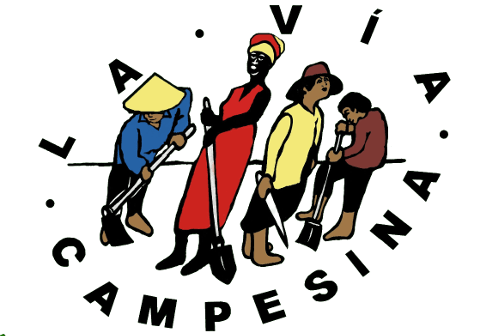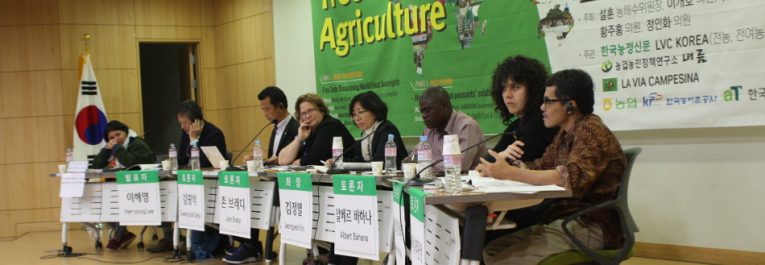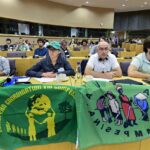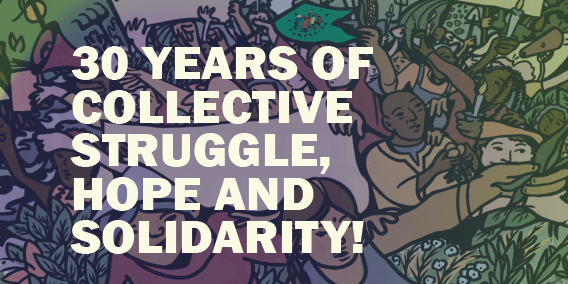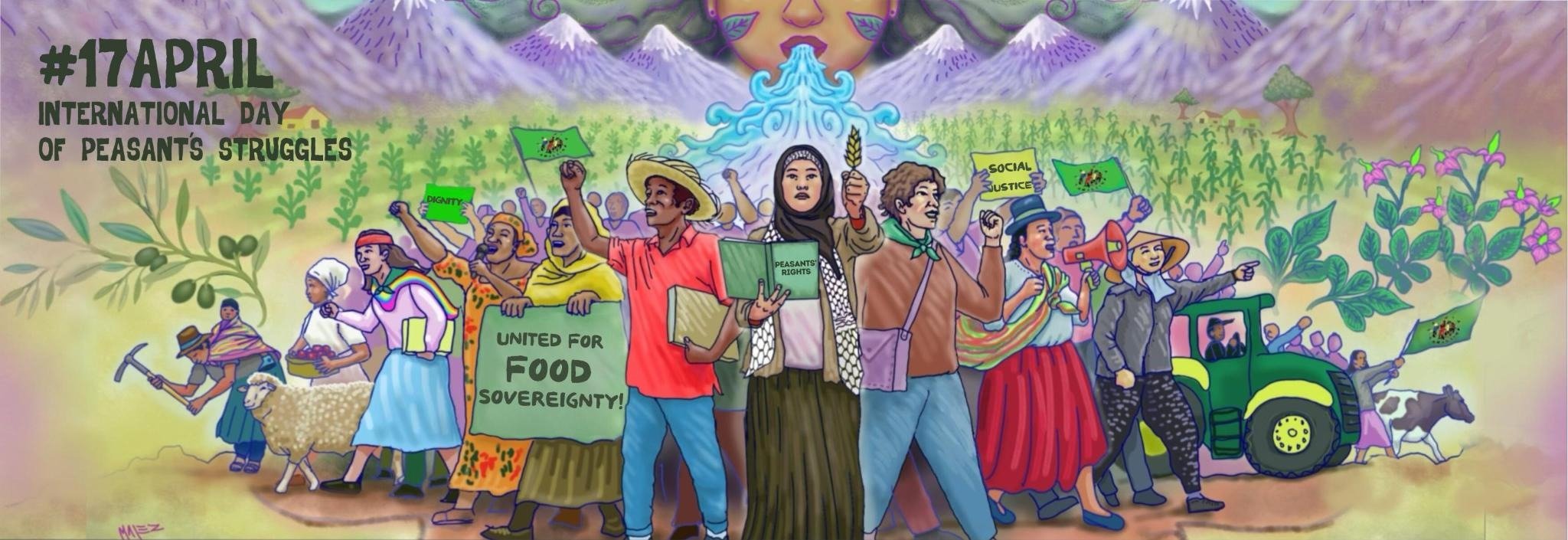Seoul, April 19, 2018: Since World Trade Organization was established and the Agreement on Agriculture from the Uruguay Round came into effect, free trade of agricultural products has expanded globally. Since WTO’s negotiation around Doha Development Agenda stopped, numerous free trade agreements have been signed, spreading further free trade of agricultural products all over the world.
After the Uruguay Round (“UR”) negotiations, wherein the participating countries agreed on the principle of “tariff only” or “tariffication without exception” for agricultural products, the WTO’s Agreement on Agriculture has abolished every border barrier between countries. It is clear that by forcing countries to abolish tariffs, free trade agreements undermine national autonomy and independence in food and agricultural policy, while strengthening the global food system led by transnational capital including major grain traders.
As confirmed by examples from various countries of the world, expansion of free trade in agriculture has caused the downfall of agriculture, peasants and rural communities. The downfall of agriculture in turn has resulted in the loss of food sovereignty. It has brought rural communities that were based on farming to collapse in unsustainable manners.
Free trade in agriculture also drives out small and medium-size farmers from the agricultural industry both in the export and import of agricultural produce. Due to free trade in agriculture, large scale farming is dominating agricultural production, while small-medium size farmers become unable to sustain their own agricultural production and consequently get pushed out of their work. As agricultural production becomes more and more concentrated into large scale farming throughout the world, the impoverishment of small farmers and agricultural workers are rapidly proliferating. The livelihoods of small and medium-size farmers are greatly threatened and local communities depending on agriculture are falling into unsustainable mire.
Supported by free trade in agriculture, the major grain traders and transnational food-agricultural capital globalizes the global food system and reinforces their control over food and agricultural industry, gaining enormous profit. The major grain traders openly state that they will seek to make even more profit by increasing their control “from seed to the table”. In the meantime, farmers are losing their right to land, water and seeds. The peasants and the people are demoted to slaves of genetically modified, instant and fast food.
We speak clearly. At the core of small and medium-size farmers’ suffering lies the greed of the major grain traders and transnational food-agricultural capital. Globalization of the global food system based on free trade in agriculture is bringing small-medium size farmers to ruin all over the world.
The International Coordination Committee of LVC and South Korean peasants oppose free trade in agriculture, the global food system, the major grain traders and transnational food-agricultural capital. We stand in solidarity with peasants across the world and we will struggle together to protect agriculture from free trade.
And we declare our demands clearly as follows;
First, exclude agriculture and farm produce from the application of free trade. Guarantee food sovereignty so that each nation can decide on its food and agricultural policy and agricultural trade policy for itself.
Second, control the power that the major grain traders and transnational food-agricultural capital have on markets. Guarantee the rights of peasants and agricultural workers as presented in United Nations declaration on the rights of peasants and other people working in rural areas.
Third, to guarantee the peoples’s rights to food and health by defining a binding framework for the major grain traders and transnational capital that dominate the international food system
April 19th 2018
The International Coordination Committee of La Via Campesina and South Korean peasants
